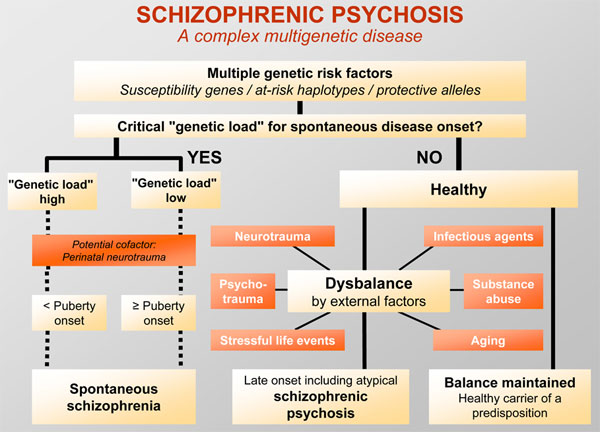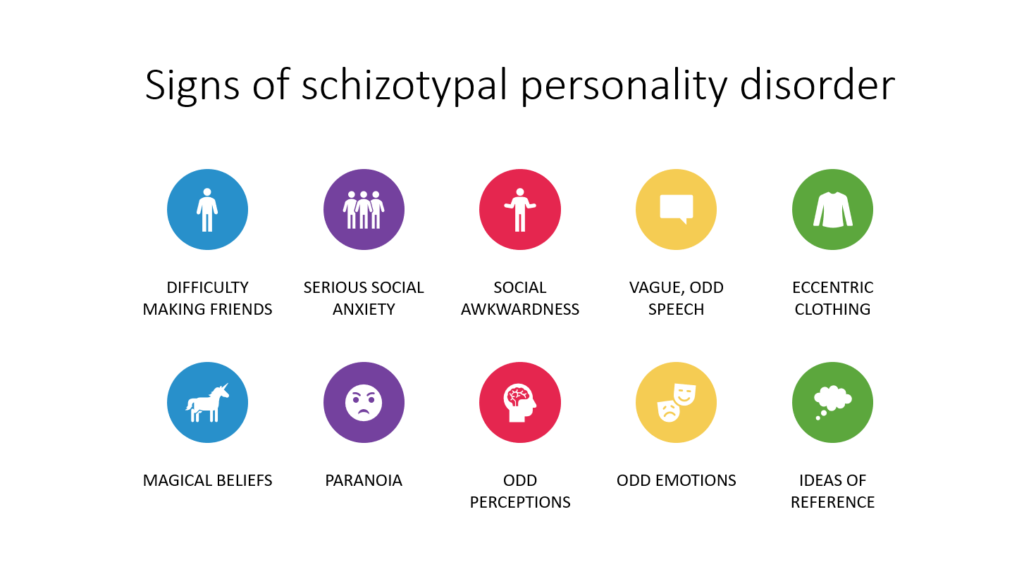Schizotypal Personality Disorder, often abbreviated as STPD, is a complex mental health condition that falls under the category of personality disorders. It is characterized by pervasive patterns of social and interpersonal deficits, eccentric behavior, and distorted thinking. Individuals with this condition often struggle to form close relationships and may exhibit unusual perceptions or beliefs. This article aims to provide an in-depth understanding of Schizotypal Personality Disorder, its symptoms, potential causes, and available treatment options.

What Is Schizotypal Personality Disorder?
Schizotypal Personality Disorder is a chronic mental health condition that affects how individuals perceive reality, interact with others, and interpret social cues. People with this disorder often feel uncomfortable in social settings and may display odd or eccentric behaviors. Unlike schizophrenia, which involves severe hallucinations and delusions, those with Schizotypal Personality Disorder typically experience milder forms of distorted thinking and perception. However, they may still struggle significantly with day-to-day functioning due to their unique way of interpreting the world.
The Spectrum of Personality Disorders
Schizotypal Personality Disorder belongs to Cluster A of personality disorders, which are collectively referred to as “odd or eccentric” disorders. Other conditions in this cluster include Paranoid Personality Disorder and Schizoid Personality Disorder. While these disorders share some similarities, each has distinct features that set it apart. For example, individuals with Paranoid Personality Disorder are primarily characterized by pervasive distrust and suspicion, whereas those with Schizoid Personality Disorder tend to be emotionally detached and indifferent to social relationships.
Symptoms of Schizotypal Personality Disorder
The symptoms of Schizotypal Personality Disorder can vary from person to person, but they generally fall into three main categories: cognitive distortions, interpersonal difficulties, and behavioral eccentricities. Below is a detailed breakdown of these symptoms:
Cognitive Distortions
- Odd Beliefs or Magical Thinking: Individuals may hold superstitious beliefs or think they have special powers, such as telepathy or mind reading.
- Unusual Perceptual Experiences: They might report seeing or hearing things that others do not, though these experiences are not as intense as hallucinations seen in schizophrenia.
- Vague or Circumstantial Speech: Their communication style may be overly abstract, making it difficult for others to follow their train of thought.
Interpersonal Difficulties
- Lack of Close Relationships: Forming and maintaining intimate relationships is challenging due to discomfort in social situations.
- Excessive Social Anxiety: Even when interacting with familiar people, individuals may feel anxious and self-conscious.
- Distrust of Others: They may harbor suspicions about others’ intentions, leading to further isolation.
Behavioral Eccentricities
- Peculiar Appearance or Behavior: Individuals may dress in unconventional ways or engage in unusual mannerisms.
- Inappropriate Emotional Responses: Their emotional reactions may seem out of sync with the situation, such as laughing at inappropriate times.
Potential Causes of Schizotypal Personality Disorder
The exact cause of Schizotypal Personality Disorder remains unknown, but researchers believe it arises from a combination of genetic, environmental, and neurobiological factors. Understanding these influences can help shed light on why some individuals develop this condition while others do not.
Genetic Factors
There is evidence to suggest that genetics play a significant role in the development of Schizotypal Personality Disorder. Individuals who have a family history of schizophrenia or other related disorders are at a higher risk of developing this condition. Studies involving twins and families indicate that certain inherited traits may predispose someone to distorted thinking patterns and social difficulties.
Environmental Influences
Early life experiences can also contribute to the onset of Schizotypal Personality Disorder. Traumatic events, neglect, or unstable family dynamics during childhood may increase the likelihood of developing maladaptive coping mechanisms later in life. Additionally, growing up in an environment where social skills were not adequately modeled or reinforced can exacerbate interpersonal challenges.
Neurobiological Factors
Research has shown that abnormalities in brain structure and function may underlie many symptoms of Schizotypal Personality Disorder. For instance, irregularities in the prefrontal cortex—a region responsible for decision-making and social cognition—have been observed in affected individuals. Imbalances in neurotransmitters like dopamine and serotonin may also contribute to cognitive distortions and emotional dysregulation.
Treatment Options for Schizotypal Personality Disorder
While there is no cure for Schizotypal Personality Disorder, various treatment approaches can help manage symptoms and improve quality of life. These interventions typically involve psychotherapy, medication, and support systems tailored to the individual’s needs.
Psychotherapy
Psychotherapy is considered the cornerstone of treatment for Schizotypal Personality Disorder. Therapists work closely with patients to address distorted thinking patterns, enhance social skills, and reduce anxiety. Some commonly used therapeutic modalities include:
- Cognitive Behavioral Therapy (CBT): This approach helps individuals identify and challenge irrational thoughts and beliefs, replacing them with healthier alternatives.
- Supportive Therapy: By fostering a nonjudgmental environment, therapists encourage self-expression and build trust over time.
- Social Skills Training: Patients learn practical strategies to navigate social interactions more effectively, reducing feelings of isolation.
Medication
Although no specific medications are approved solely for treating Schizotypal Personality Disorder, certain drugs can alleviate co-occurring symptoms such as anxiety, depression, or psychosis. Antidepressants, antipsychotics, and anti-anxiety medications are sometimes prescribed based on the individual’s presentation. It is important to note that medication should always be combined with psychotherapy for optimal results.
Support Systems
Building a strong support network is crucial for individuals with Schizotypal Personality Disorder. Family members, friends, and support groups can offer encouragement and understanding, helping patients feel less isolated. Educating loved ones about the condition can also foster empathy and reduce stigma.
Group Therapy
Participating in group therapy sessions allows individuals to practice social skills in a controlled setting. Sharing experiences with others who face similar challenges can create a sense of belonging and validation.
Community Resources
Many communities offer resources such as counseling centers, workshops, and peer-led initiatives aimed at supporting mental health. Taking advantage of these services can complement formal treatment plans and promote long-term recovery.
Living with Schizotypal Personality Disorder
Managing Schizotypal Personality Disorder requires patience, persistence, and a willingness to seek help. While the journey may be challenging, many individuals find that consistent treatment leads to meaningful improvements in their lives. By addressing distorted thinking patterns, enhancing social skills, and building supportive relationships, those with this condition can achieve greater stability and fulfillment.
Self-Care Strategies
In addition to professional treatment, adopting healthy lifestyle habits can make a significant difference. Regular exercise, balanced nutrition, adequate sleep, and mindfulness practices like meditation can all contribute to improved mental well-being. Setting realistic goals and celebrating small victories along the way can boost confidence and motivation.
Overcoming Stigma
Unfortunately, stigma surrounding mental health conditions like Schizotypal Personality Disorder persists. Raising awareness and promoting open conversations about these issues can help combat misconceptions and encourage more people to seek help without fear of judgment.





